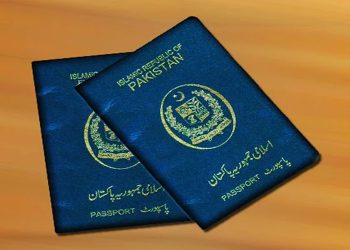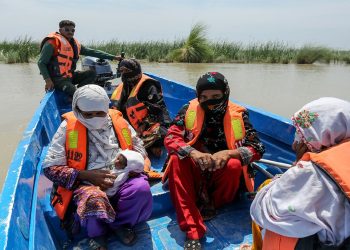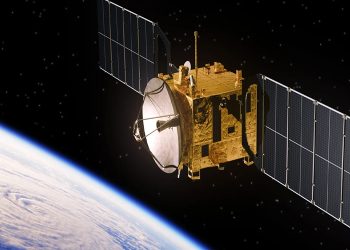The friendship between Pakistan and China is as sweet as honey from the Himalayas and as deep as the ocean. When Pakistan took the lead in recognizing China as the first Muslim country in the world, the bond of love, since then has taken to new heights for decades.
On the completion of 10 years of the CPEC project, celebrations in Islamabad are expected, and the Chinese Vice Premier’s visit to Pakistan is a good omen amidst economic challenges.
China desires Pakistan’s happiness, and CPEC is the guarantee of that happiness. The Belt and Road Initiative is an economic framework that ensures prosperity in the entire region, strengthening the strategic ties between Pakistan and China day by day, with both countries playing their part in regional happiness.
The beginning of the Pakistan-China friendship dates back to 1951 when Pakistan recognized China, and since then, this bilateral relationship has grown despite various challenges.
In a world filled with violence and hostility, the Pakistan-China friendship stands as an example of two countries with different ideologies but bound by strong friendship.
Pakistan and China are closely connected in political, social, and economic relations, recognized and respected worldwide. The roots of this relationship are deep and enduring, based on mutual understanding, shared perspectives, and a vision for the future.
Pakistan and China established CPEC as a strong bond to link their friendship. It is a significant project with the aim of securely transporting oil and gas from Gwadar Port to the landlocked region of Xinjiang in China via railways and roadways. The economic corridor in Pak-China relations holds central importance, covering a distance of approximately 2442 kilometers from Gwadar to Kashgar.
In May 2013, agreements were signed between Pakistan and China, including references to Gwadar Port and CPEC during the official visits of the Prime Minister of Pakistan and the Chinese Premier.
Initially, CPEC made rapid progress but later faced slow progress due to internal challenges. However, it remains undeniable that CPEC is a game-changer, though Pakistan has yet to fully harness its benefits and overcome economic challenges.
China, on the verge of becoming the world’s largest economic power, views BRI and CPEC as essential components of its economic development. China’s geopolitical significance and long-lasting friendship with Pakistan ensure resilience in all circumstances, and recently, China’s help in deferring the repayment of mandatory loans has saved Pakistan from drowning in economic difficulties.
Despite global conflicts and other interests, China’s inclusion in CPEC is essential. But it is crucial for our leaders to work together with determination to bring all the projects of CPEC to completion, as Pakistan’s reaping of the benefits of CPEC depends on it.
Today, in addition to other initiatives, 6,000 megawatts of electricity have been added to the power grid, and the Special Economic Zone holds the most critical role in the second phase of CPEC.
During the last two years, Chinese diplomats were slightly disappointed due to the delays in CPEC’s progress. However, with President Xi Jinping’s visit, the path to Pakistan is becoming smoother.
To obtain the desired long-term results of CPEC, we need to prioritize Pakistan’s interests so that this momentous project reaches completion and becomes a means to rescue Pakistan from its economic challenges.































